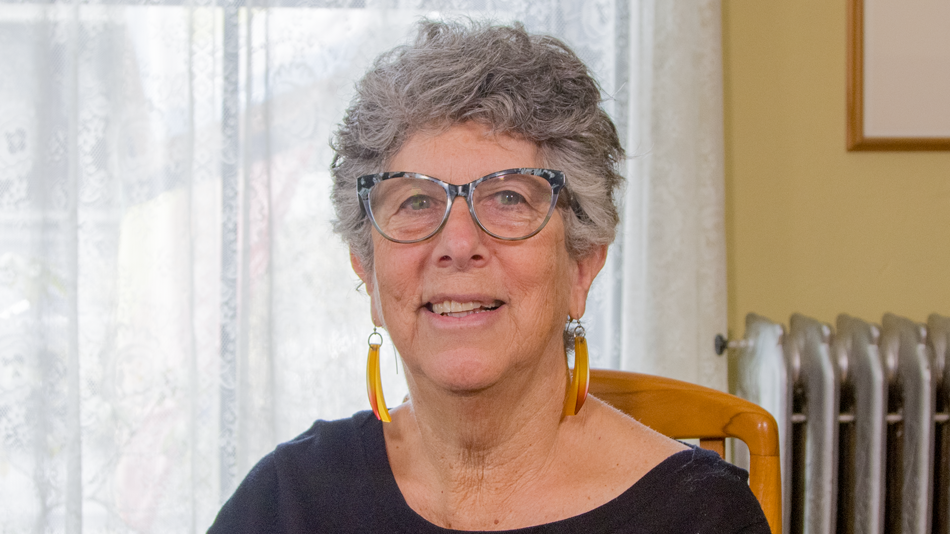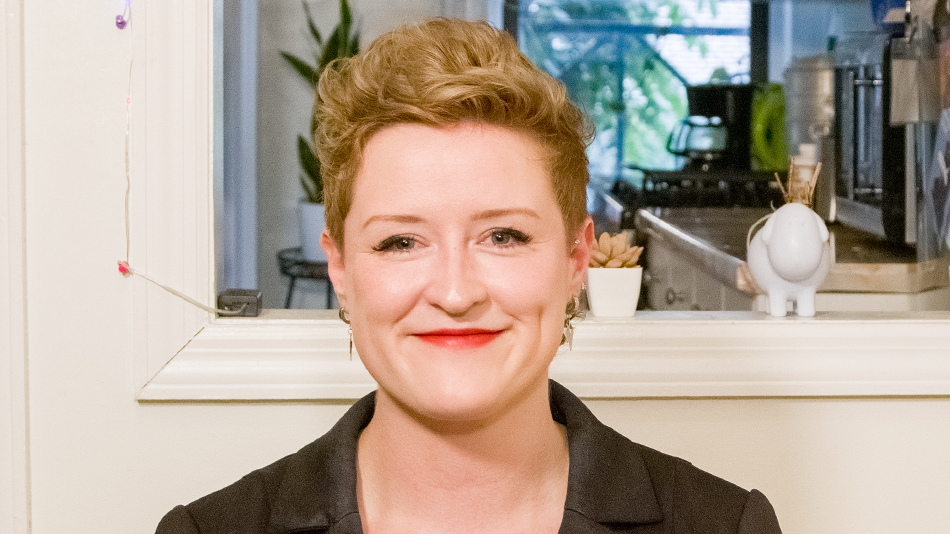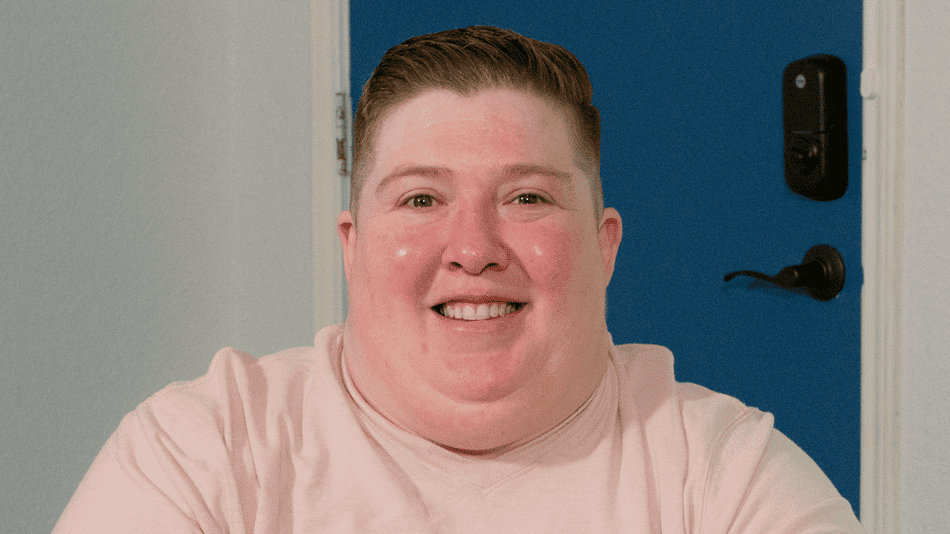And it didn’t take me long to realize that that was part of who I was, and that was part of that piece of my identity that had really been suppressed and missing for my life.
My name is Staci Molinar, and I’m from Chicago, Illinois.
I grew up in an upper-middle class suburb that was very diverse, and very inclusive, and welcoming for all individuals. And I have a younger brother who is on the autism spectrum, so growing up, my parents always really emphasized with us that it was important to include everyone and really celebrate individuals that were different from ourselves.
I was very heavily involved with competitive dance growing up, all the way from my young years into my late teens. And I had a lot of friends who were gay males that I danced with, and they were a really big part of our family. And my parents were so welcoming and celebratory of them, and always loved to have them over and around the house.
One day, when I was a freshman in high school, my mom was giving me a ride to dance practice, and we stopped in the parking lot of my dance studio. And she said, “I want to talk to you about something.” And I said, okay. And she said, “I know that you have friends that live a certain lifestyle, and that’s great. We love that, but I want you to know that that’s not something for you, and that’s not who you are.” In the moment, I remember being jolted by it, but I was also like, “Okay, that’s fine because you’re right. That’s not who I am. That’s not part of my identity.” And I really just filed that away in the back of my brain and went on with life.
Finished high school, went into college, and over the next six to eight years or so, I felt like I was just on this mission to search for where I belonged in the world. I engaged in a whole ton of different activities. I got super involved in running and training for marathons. I got super involved at school, and was on the student council at my university. And then I even got really involved in church. I joined a church community, and I would pray for God to send me a man with great morals who was kind and funny.
I joined this, it was a 20s to 30s group where we would meet once a week and do a Bible study in discussion. And there were a whole bunch of straight couples in the group, which were really amazing individuals that I connected with strongly. And I can remember, at this one meeting that we had, looking around the room and seeing all these amazing couples holding hands, and feeling like in the pit of my stomach, Why isn’t that me? What’s missing here? Why can’t I have that same sense of connection in that way?
Fast forward to grad school, I was in my last year of grad school, and I had this coworker and mentor who I was building a strong friendship with. And she would talk about her spouse. And I wasn’t really sure why at the time, but I was always intrigued by the way that she used the term spouse. And then, one day, she used the term wife. She said, “My wife and I,” and I just had this crazy moment of this wave of realization washing over me where I was like, “Oh, my God, this is something. There’s something here.”
I took the next couple of weeks to really explore that. And it didn’t take me long to realize that that was part of who I was, and that was part of that piece of my identity that had really been suppressed and missing for my life. I just hit the start over button on my life. And there was a very distinct before that realization and after the realization. So I cut off a lot of individuals that I was friends with before I had this realization. And for me, it wasn’t feeling like they were not going to accept who I was, but it was more this deep sense of shame that I had, that it had taken me that long to figure it out. I would, from time to time, receive text messages and phone calls of friends and family trying to connect. And I think that deep sense of shame really just stopped me from being able to connect with them, and I would just not answer.
So after grad school, I accepted a commission in the Army and moved down to San Antonio, Texas. There, I really found that I was able to be my full, authentic self, which was really amazing because it was the first time in my life where I really felt like I could be my full self openly and proudly. And I was able to build a community there, both with individuals that were a part of the LGBTQ community and with coworkers who were straight allies.
About a year into my time in service, I met an individual, and started dating this individual, and it was this amazing whirlwind of emotions and developing super strong feelings. I reached this point, being in this relationship that was so amazing, where I really just wanted to share her with the world. I wanted to be out, and open, and proud, but I felt like there were still this huge group of individuals from my past life who I didn’t know how they would react to it. I knew that I either had to be all in or not do it at all. And I really wanted to share my happiness with the ones that I loved.
I came out to my parents, and then I came out in a social media post. I posted a picture of her and I holding hands and walking down a street in Austin, Texas. The response was really amazing. I think everyone was just very happy for me, and just very proud that I had really stepped into who I was and was confident with sharing that. My mom was a little hesitant at first, but she definitely came around, and she came to really love this woman that I was dating. And she did apologize for some of our previous interactions when it came to my potential identity from the past.
So that was eight years ago. And in those last eight years, I’ve really built and bolstered my identity a lot more. I’ve reconnected with a lot of those individuals that I had cut out previously now that I do feel very confident in my identity. My wife and I have built a strong network of individuals, both queer and non-queer that love and support us.
Everyone has their own process for coming to terms with their identity and understanding their identity. And I think for some people that happens when they’re a teenager, for others, they don’t even realize it until they’re in their 50s, or 60s, or 70s. And over the last few years, I’ve really come to accept the fact that my journey is what it is, and just be proud that I eventually did come into myself, and come to terms with who I was, and become proud of it.








Share